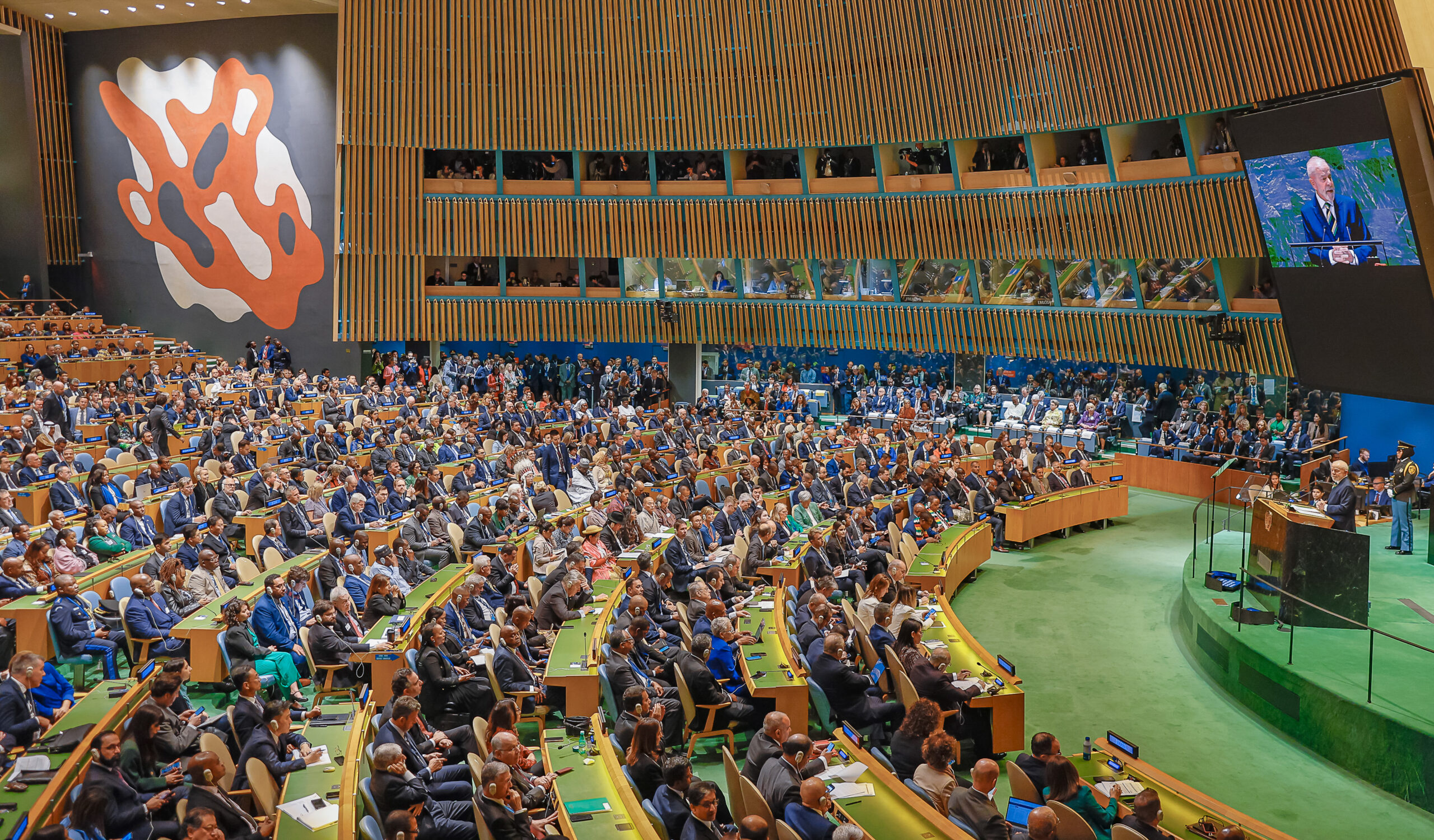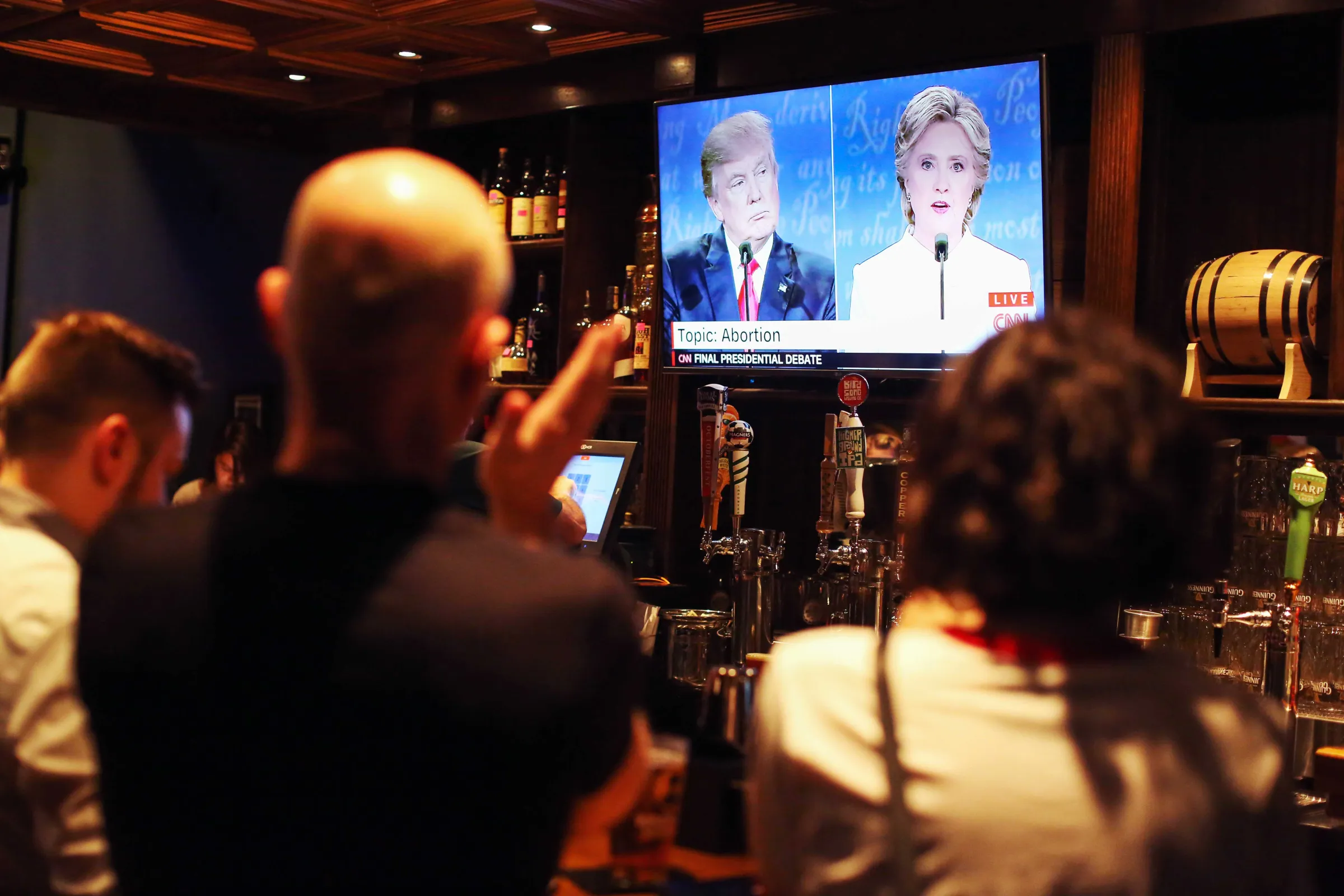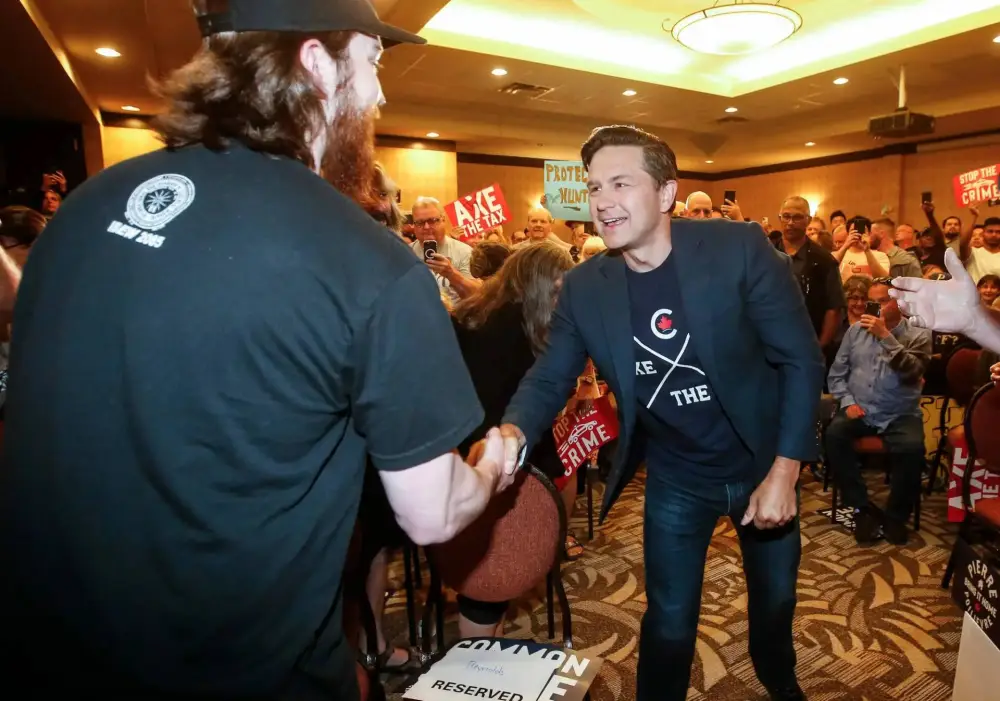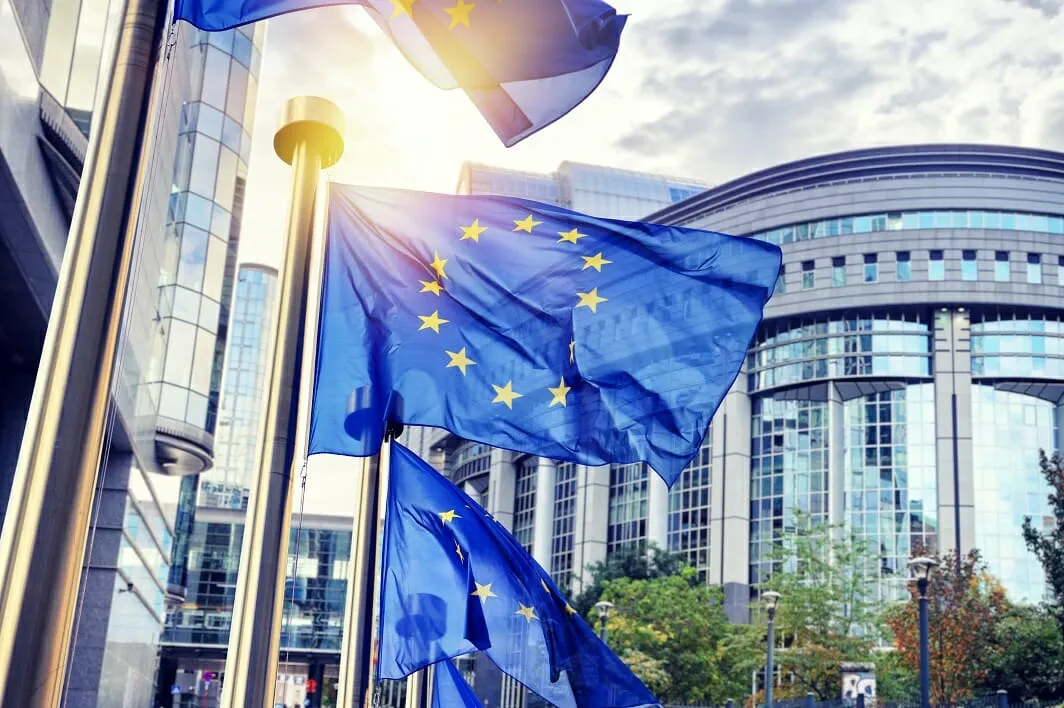What Does Politics Mean? A Comprehensive Exploration

24.09.2024 - Presidente da República, Luiz Inácio Lula da Silva, durante a Abertura do Debate Geral da 79ª Sessão da Assembleia Geral das Nações Unidas, no Salão da Assembleia Geral, da Sede das Nações Unidas (ONU). Nova York - Estados Unidos. Foto: Ricardo Stuckert / PR
Hey there, reader. Let’s dive into this together. I still remember my first brush with politics—it was back in high school during a mock election for class president. I campaigned with homemade posters and promises of longer lunch breaks, only to lose by a handful of votes. That tiny defeat sparked a lifelong curiosity about how decisions get made in groups, big or small. Politics isn’t just about suits in fancy buildings; it’s the heartbeat of how we live together. In this guide, we’ll unpack what politics truly means, from its ancient roots to modern twists, all while keeping things real and relatable. Think of it as a chat over coffee, minus the caffeine jitters.
The Core Definition of Politics
At its simplest, politics is the way people in a society make decisions about shared resources and power. It’s not just elections or debates on TV—it’s the everyday push and pull of who gets what, when, and how. Scholars like Harold Lasswell nailed it by calling it “who gets what, when, how,” highlighting the allocation of scarce stuff like money, rights, or even attention. Imagine a family deciding on vacation spots; that’s politics in miniature, full of negotiation and compromise.
Etymology and Origins of the Word “Politics”
The word “politics” traces back to ancient Greece, stemming from “polis,” meaning city-state. Aristotle’s famous work Politiká—translated as “affairs of the cities”—laid the groundwork, evolving through Latin and French into our modern term by the 15th century. It’s funny how a word born in bustling Greek marketplaces now evokes images of heated cable news panels. This origin reminds us politics started as a community affair, not a distant spectacle.
Why Understanding the Roots Matters
Knowing where “politics” comes from helps demystify it. In those early city-states, it was about citizens gathering to hash out laws and leadership, often in open forums. Today, that spirit lives on in town halls or online petitions, showing how timeless the concept really is. Without this historical lens, politics might seem like chaos, but it’s rooted in our need to organize as humans.
Historical Evolution of Politics
Politics has shape-shifted through the ages, from tribal councils to global summits. Early humans in stateless societies made decisions collectively, without fancy titles or borders. By around 3000 BC, organized states popped up in places like Sumer and Egypt, bringing hierarchies and rules. It’s like watching a small backyard game turn into the World Cup—exciting, but way more complicated.
Ancient Contributions to Political Thought
Greeks like Plato and Aristotle pondered ideal governments, with Plato’s Republic dreaming of philosopher-kings and Aristotle stressing balance to avoid tyranny. Over in Asia, Confucius emphasized moral leadership, while India’s Chanakya wrote the Arthashastra, a guide to cunning statecraft. These thinkers added layers, turning politics from survival tactics into philosophical art. I once tried applying Aristotelian moderation to a work dispute—it worked, sort of, until coffee ran out.
The Shift to Modern Nation-States
Fast-forward to 1648’s Peace of Westphalia, which birthed the idea of sovereign states respecting each other’s turf. Nationalism in the 19th century glued people to flags and borders, leading to empires crumbling and new countries rising. Post-WWII, bodies like the UN tried to keep the peace, but politics stayed messy. Remember the Cold War? It was like a global staring contest with nukes involved—tense, but it shaped today’s alliances.
Types of Political Systems
Political systems are frameworks for how power flows in society, ranging from democracies where folks vote, to autocracies where one person calls the shots. They’re like different recipes for the same dish—governance—with varying ingredients of freedom and control. Understanding these helps explain why some countries thrive on debate while others demand silence.
Democracy: Rule by the People
In democracies, power comes from the masses through elections and rights. Think the U.S. with its checks and balances or Switzerland’s direct referendums. It’s empowering but can be slow, like herding cats at a family reunion. Pros include accountability; cons, potential gridlock from too many voices.
Autocracy and Totalitarianism
Autocracies concentrate power in one ruler, like absolute monarchies or dictatorships—efficient but risky for abuse. Totalitarianism takes it further, controlling every aspect of life, as in North Korea. History shows these can stabilize chaos but often at the cost of human spirit. I recall reading about Stalin’s era; it’s a stark reminder of power unchecked.
Oligarchy and Other Hybrids
Oligarchies let a small elite rule, often based on wealth or connections, seen in some modern states disguised as democracies. Hybrids mix elements, like constitutional monarchies where kings wave while parliaments work. These systems evolve, blending old and new for stability.
Here’s a quick comparison table of major political systems:
| System | Key Feature | Example Countries | Strength | Weakness |
|---|---|---|---|---|
| Democracy | Citizen participation via votes | USA, India | Promotes freedom and equality | Can lead to majority tyranny |
| Autocracy | Centralized power in one leader | Saudi Arabia, Russia | Quick decision-making | Prone to corruption and abuse |
| Oligarchy | Rule by a small elite group | Some aspects in China | Expertise from select few | Inequality and exclusion |
| Totalitarianism | Total control over society | North Korea | Unified direction | Suppresses individual rights |
The Importance of Politics in Everyday Life
Politics touches everything—from the roads you drive to the air you breathe. It’s the mechanism for resolving conflicts without fists, allocating resources fairly, and shaping societal values like equality or freedom. Without it, we’d be in constant strife, like roommates fighting over the last slice of pizza endlessly.
Pros and Cons of Political Engagement
Engaging in politics has upsides like influencing change and building community. Pros: Empowers individuals, fosters innovation, protects rights. Cons: Can be divisive, time-consuming, or disheartening when ideals clash with reality. I dipped my toe in a local campaign once—exhilarating, but the late nights debating policy? Not so much fun.
- Pros of Active Participation:
- Builds civic pride and connections.
- Drives social progress, like civil rights movements.
- Ensures diverse voices are heard.
- Cons of Active Participation:
- Risk of burnout from constant debates.
- Potential for polarization among friends.
- Corruption can erode trust.
People Also Ask: Common Questions About Politics
Drawing from real Google searches, here are some top questions folks ask about politics meaning. I’ll answer them straight-up.
What Is Politics in Simple Words?
Politics is basically how groups decide on rules, share power, and solve problems together. It’s like organizing a group project where everyone wants credit but has different ideas.
What Is the Best Definition of Politics?
The best one? Activities involving governance, power struggles, and decision-making in societies. As one source puts it, it’s the “authoritative allocation of values.”
Why Do People Get Involved in Politics?
Many dive in to fix injustices or protect what’s dear, like family or community. Others seek power or fame—hey, humans are complex. My high school loss? It taught me politics is about passion, not just winning.
Is Politics Always Negative?
Not at all! It can lead to positive change, like environmental laws or equality acts. Sure, scandals make headlines, but behind them are folks working for the greater good.
Where to Learn More About Politics (Navigational Guide)
Want to dig deeper? Start with reliable spots like Wikipedia’s Politics page for overviews or academic sites like Britannica. For hands-on, check local government websites or apps like Vote.org for voter info. Internally on our site, explore /understanding-government-systems for related reads.
Best Tools and Books for Understanding Politics (Transactional Recommendations)
To grasp politics better, grab some top books. “The Politics Book: Big Ideas Simply Explained” breaks down concepts simply, while classics like Aristotle’s Politics offer timeless wisdom. Tools? Apps like Politico for news or Khan Academy for free courses. For beginners, “On Tyranny” by Timothy Snyder is a quick, eye-opening read on safeguarding democracy.
- Best Beginner Books:
- “The Prince” by Machiavelli—for strategy insights.
- “Animal Farm” by Orwell—a satirical take on power.
- Advanced Reads:
- “The Republic” by Plato—philosophical foundations.
- “Leviathan” by Hobbes—on social contracts.
FAQ: Answering Your Burning Questions
What is the difference between politics and government?
Politics is the process of influencing decisions, while government is the structure that enacts them. Think politics as the game, government as the rulebook.
How has politics changed over time?
From ancient debates to digital campaigns, it’s grown more inclusive but also more polarized, thanks to media and globalization.
Can politics be avoided in daily life?
Not really—it’s in taxes, schools, even food regulations. Ignoring it means letting others decide for you, which rarely ends well.
Why is politics often seen as dirty?
Scandals and power plays give it a bad rap, but at its core, it’s about service. Like any field, a few bad apples spoil the bunch.
What role does politics play in society?
It maintains order, distributes resources, and resolves disputes, ensuring societies function without descending into anarchy.
In wrapping up, politics means navigating power and decisions in our shared world—sometimes frustrating, often inspiring. That high school election? It showed me politics is personal, a tool for change if we engage thoughtfully. Whether you’re voting or just curious, understanding it empowers you. Stay informed, stay involved, and who knows? You might spark the next big idea.
 There Is No ‘Good and Bad’ in Our Politics: Navigating the Gray Areas
There Is No ‘Good and Bad’ in Our Politics: Navigating the Gray Areas  The Political Economy of Economic Policy: Where Power Meets Prosperity
The Political Economy of Economic Policy: Where Power Meets Prosperity  Political Economy: Definition, History, and Real-World Applications
Political Economy: Definition, History, and Real-World Applications  Understanding the Masculinity Effect in American Politics
Understanding the Masculinity Effect in American Politics